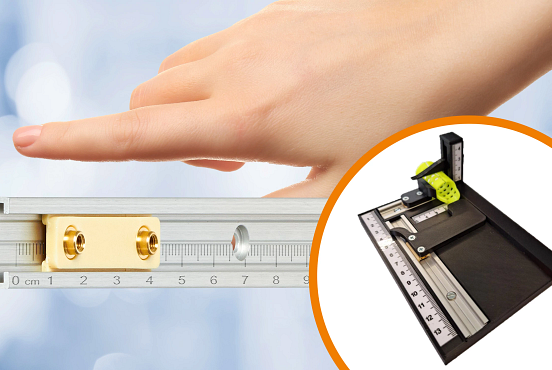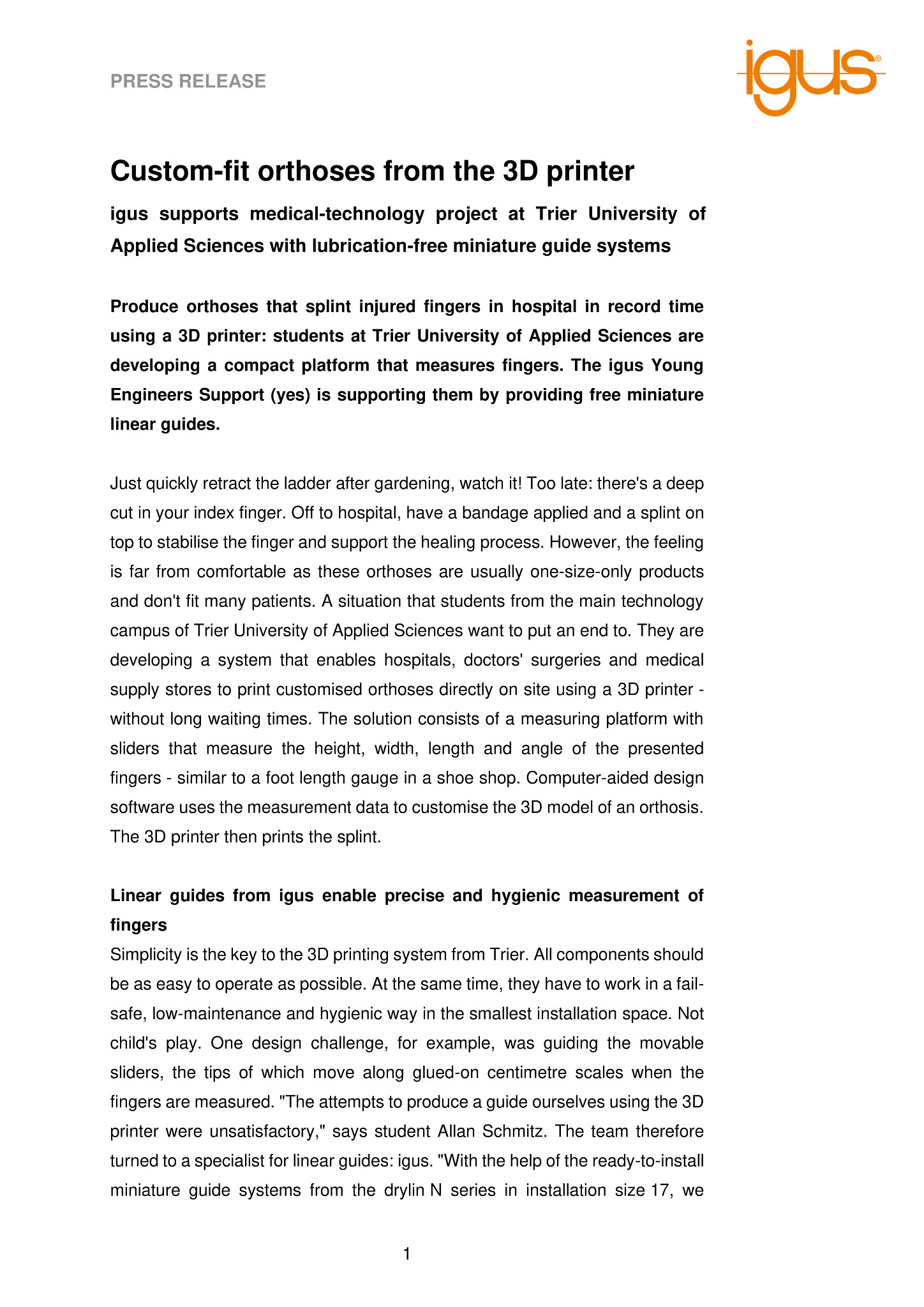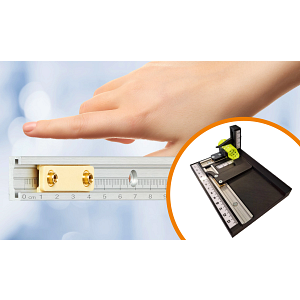Custom-fit orthoses from the 3D printer
November 28, 2023
igus supports medical-technology project at Trier University of Applied Sciences with lubrication-free miniature guide systems
 Produce orthoses that splint injured fingers in hospital in record time using a 3D printer: students at Trier University of Applied Sciences are developing a compact platform that measures fingers. The igus Young Engineers Support (yes) is supporting them by providing free miniature linear guides.
Produce orthoses that splint injured fingers in hospital in record time using a 3D printer: students at Trier University of Applied Sciences are developing a compact platform that measures fingers. The igus Young Engineers Support (yes) is supporting them by providing free miniature linear guides.
Just quickly retract the ladder after gardening, watch it! Too late: there’s a deep cut in your index finger. Off to hospital, have a bandage applied and a splint on top to stabilise the finger and support the healing process. However, the feeling is far from comfortable as these orthoses are usually one-size-only products and don’t fit many patients. A situation that students from the main technology campus of Trier University of Applied Sciences want to put an end to. They are developing a system that enables hospitals, doctors’ surgeries and medical supply stores to print customised orthoses directly on site using a 3D printer – without long waiting times. The solution consists of a measuring platform with sliders that measure the height, width, length and angle of the presented fingers – similar to a foot length gauge in a shoe shop. Computer-aided design software uses the measurement data to customise the 3D model of an orthosis. The 3D printer then prints the splint.
Linear guides from igus enable precise and hygienic measurement of fingers
Simplicity is the key to the 3D printing system from Trier. All components should be as easy to operate as possible. At the same time, they have to work in a fail-safe, low-maintenance and hygienic way in the smallest installation space. Not child’s play. One design challenge, for example, was guiding the movable sliders, the tips of which move along glued-on centimetre scales when the fingers are measured. “The attempts to produce a guide ourselves using the 3D printer were unsatisfactory,” says student Allan Schmitz. The team therefore turned to a specialist for linear guides: igus. “With the help of the ready-to-install miniature guide systems from the drylin N series in installation size 17, we realised the guides for our measuring plate very easily.” The students screwed three aluminium plinths, which were only 17 millimetres wide, onto the platform for measuring the length, width and height of the fingers. The sliders, mounted on compact carriages, 30 millimetres long and only 6 millimetres high, move on the rails via sliding surfaces made of high-performance plastic. Microscopically small solid lubricants are integrated into this plastic, which are automatically released over time and enable low-friction dry running. “Thanks to being lubrication-free, our miniature linear guides work precisely, smoothly, without maintenance and particularly hygienically in medical areas for many years,” says Michael Hornung, Product Manager drylin Linear and Drive Technology at igus.
igus yes support programme
The students did not have to pay anything for the linear guides. igus supports the medical technology project with free components – as part of the yes programme. This support programme for young professionals includes materials, guest lectures and workshops by igus experts, factory tours and career opportunities – such as an entry into the professional world. “It is very important to us to invest in the young talent of tomorrow and promote projects. In this way, future specialists get to know igus and appreciate the fact that all of our linear guides are lubrication-free – and thus also our activities in the area of sustainability and recycling,” says Hornung.



